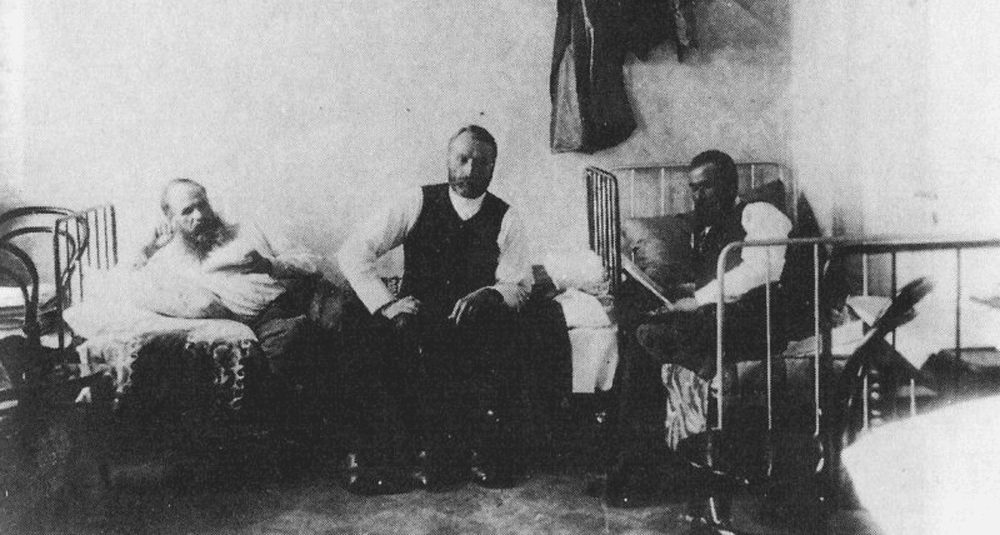Which Russian writer wrote the novel Crime and Punishment in 1866?
Last Updated:
Crime and Punishment is a major novel of Russian literature, written by Fyodor Mikhailovich Dostoyevsky and published in 1866. The work explores in depth the psychological and moral torments of its protagonist, Rodion Raskolnikov, a former law student living in poverty in St. Petersburg.
Dostoyevsky conceived Crime and Punishment on his return from Siberia, where he had been exiled for several years. This period of his life had a profound influence on his vision of human nature, guilt and redemption, the central themes of the novel. The work was first published as a serial in The Russian Messenger magazine in 1866, before appearing in volume the following year.
The novel follows Rodion Raskolnikov, a brilliant but impoverished young man, who develops a theory that certain extraordinary people have the right to transgress moral laws to perform actions they deem beneficial to humanity. To put his theory to the test, he murders an old usurer, Aliona Ivanovna, in the hope of using her money for noble causes. However, the murder doesn’t go according to plan and Raskolnikov is soon overwhelmed by guilt and paranoia. His inner journey leads him to meet Sonia Marmeladova, a young woman forced into prostitution to support her family. Sonia embodies compassion and faith, offering Raskolnikov a path to redemption. Eventually, wracked by remorse, he confesses and is sentenced to the Siberian penal colony, where Sonia follows him, symbolizing the hope of spiritual rehabilitation.
The novel explores how guilt can devour the human spirit, and how the quest for redemption becomes essential to finding inner peace. Dostoyevsky also questions notions of good and evil, and challenges the idea that the end justifies the means. Finally, Raskolnikov embodies the individual isolated from society, whose actions are partly motivated by his sense of exclusion and despair.
Dostoyevsky is renowned for his ability to penetrate the human psyche. In Crime and Punishment, he uses a third-person narrative centered on Raskolnikov, allowing the reader to experience his anguish and moral dilemmas. The style is marked by intense interior monologues, deep dialogue and an oppressive atmosphere reflecting the protagonist’s mental state.
At the time of its publication, Crime and Punishment was hailed for its psychological depth and reflection on the human condition. The work has exerted a considerable influence on world literature, inspiring many writers and philosophers. It has also been adapted several times for theater, film and television, testifying to its relevance and universality.
Crime and Punishment remains an essential work for its plunge into the intricacies of the human soul and its reflection on the moral consequences of our actions. With rare intensity, Fyodor Dostoyevsky depicts man’s inner struggle against his own demons, offering a timeless analysis of guilt and the quest for redemption.
literature

Which Russian writer wrote the novel Crime and Punishment in 1866?
Answer
Nineteenth-century Russian writer Fyodor Dostoyevsky wrote the novel Crime and Punishment, published in 1866, which explores the psychology of a murderer in search of redemption.